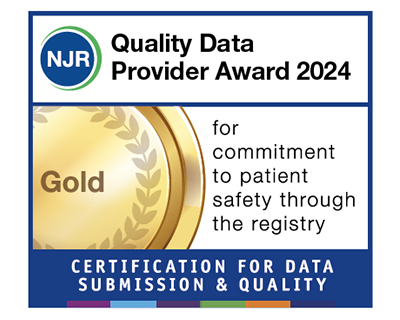Springfield Hospital Specialists
-

Dr Gerald Clesham
Mr Gerald Clesham is a Consultant Cardiologist specialising in interventional cardiology including angiograms, stenting procedures, chest pain, heart failure, arrhythmias, valve disease and cardiovascular risk assessment at Springfield Hospital, Essex.
Read more -

Dr Reto Gamma
Dr Reto Gamma is a Consultant Cardiologist at Springfield Hospital specialising in coronary angioplasty, pacemaker implantation, heart failure, and echocardiography.
Read more -
